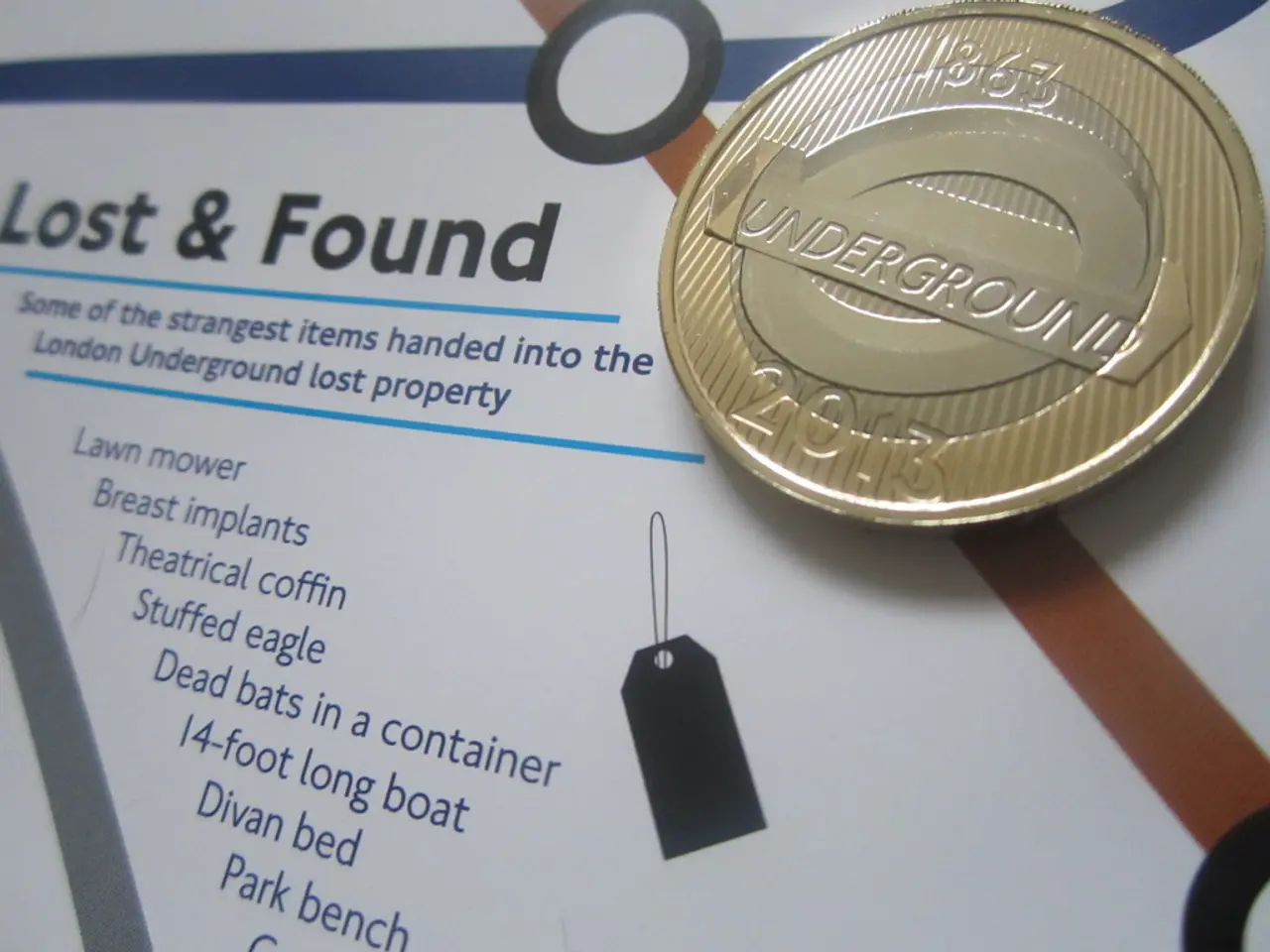England concludes trials of distributed ledger technology (DLT)-based foreign exchange (FX) peer-to-peer exchanges with three European central banks.
In a groundbreaking development, Project Meridian FX, led by the BIS Innovation Hub’s London Centre in collaboration with the central banks of England, France, Germany, and Italy (Eurosystem), has successfully completed a joint distributed ledger technology (DLT) experiment exploring the feasibility of cross-border foreign exchange payments using Payment versus Payment (PvP) settlement.
The core purpose of the project was to test the technical capability to synchronise settlement in foreign exchange transactions across multiple Real-Time Gross Settlement (RTGS) systems and various external ledgers, including DLT platforms. The aim was to enhance the efficiency and safety of cross-border payments.
Key findings of the project, published in April 2025, confirmed the technical feasibility of interfacing RTGS systems with external ledgers based on DLT to achieve PvP settlement. This validates that synchronised settlement, whereby payment delivery occurs simultaneously in two currencies to mitigate settlement risk, can be implemented using current technologies.
The project demonstrated the possibility to integrate different central bank payment systems with distributed ledgers, supporting innovation towards faster, more efficient cross-border payments. The experiment contributes to the wider G20 roadmap on enhancing cross-border payments.
Notably, the project specifically focused on interoperability with a DLT-based system and a non-DLT based one. The BIS Innovation Hubs in London and Europe completed a joint DLT project called Project Meridian FX. In the case of Meridian FX, the aim was to simultaneously exchange pounds and euros.
Each node on the Ethereum-compatible DLT platform used in the project has a synchronization operator that controls the payment queue. The synchronization operator might prioritize payments of banks that only have transactions in one direction.
The project trialed a netting approach in addition to PvP, and the synchronization system explored liquidity optimizations. An interesting additional feature was supporting multiple linked PvP transactions (PvP+PvP).
Building on these findings, the Bank of England announced the launch of a Synchronisation Lab in 2026 to further test and refine synchronisation approaches ahead of wider RTGS infrastructure enhancements.
This work aligns with global efforts to make cross-border payments faster, cheaper, and safer through innovation. The project showcases practical paths toward reducing settlement risk in foreign exchange markets, potentially expanding access to central bank money settlement and facilitating new forms of settlement such as tokenisation.
The European central banks used three different platforms for the project: Germany's Trigger Solution, France's DL3S, and Italy's TIPS Hashlink solution. The trial used a DLT-based synchronization solution to simultaneously transfer a property title and payment, demonstrating that the synchronization solution could work with a variety of technologies and assets.
In summary, Project Meridian FX successfully explored the feasibility of cross-border foreign exchange payments using PvP settlement and RTGS synchronisation among major European central banks. The project confirmed the technical feasibility of PvP settlement using synchronised interfaces between RTGS and DLT ledgers, enabling safer, faster cross-border payments. The next steps include the development of a Synchronisation Lab to further test and refine synchronisation approaches ahead of wider RTGS infrastructure enhancements.
Read also:
- Ford Discontinues Popular Top-Seller in Staggering Shift, Labeled as a "Model T Event"
- Dubai-bound: Omega Seiki Mobility, an electric vehicle company from India, prepares for assembly establishment
- Best Strategies for Software Updates in SCCM and WSUS
- UNEX EV, U Power's collaborator, inks LOI with Didi Mobility for the implementation of UOTTA battery-swapping vehicles in Mexico.








